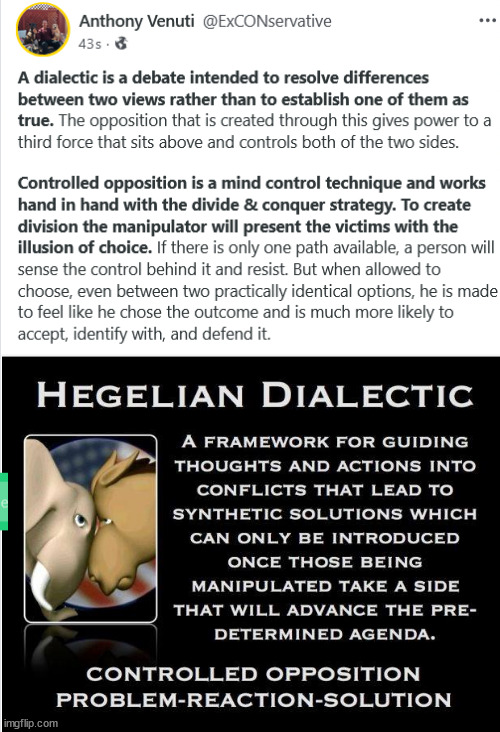https://www.crf-usa.org/brown-v-board-50th-anniversary/reparations-for-slavery-reading.html
Reparations, Pro and Con
Many people and groups have voiced their opposition to the whole idea of slavery reparations. Major arguments against reparations include:
- There are no black slaves living today. Slavery ended more than 160 years ago at the cost of several hundred thousand lives lost in the Civil War. It is unfair to ask American taxpayers, many of them from families that came to the United States after slavery ended, to pay for the wrongs of slavery.

- The problems faced by African Americans today are not the "legacy of
slavery" or even racism. Many blacks have succeeded very well in
American society. The problems of poor African Americans are caused by
social ills within the inner city, such as the breakdown of families,
high crime rates, and dependence on welfare.
- Federal and state governments have already spent billions of dollars
on social programs such as welfare, subsidized housing, health care,
employment development, affirmative action, and education. These
programs have benefitted African Americans.
- African Americans, particularly the young, need to overcome their
problems through their own efforts and not depend on more government
handouts and benefits.
- Reparations would be too expensive, depriving the country of the
opportunity to fix the Social Security and Medicare systems and meet
other budget needs that benefit all Americans.
- Any reparation plan would lead to unfairness and huge administrative costs. Who would receive reparations? Descendants of slaves? All blacks? Would well-off African Americans receive payments? If a fund were set up, who would administer it? Would those unhappy with the plan call for even more reparations or file lawsuits?
Advocates for reparations reject these arguments. They contend:
- The claim for reparations is not against white Americans or even
individual Americans. It is a claim against American government and
society, which has continued from the time of slavery. As all members of
society share in society's benefits, they also must share the burdens
in the form of taxation. Through slavery, African Americans were
terribly wronged and modern blacks were robbed of their inheritance.
Further, blacks face racism every day. They deserve to be compensated.
- The problems faced by many blacks today come from slavery and
society's ongoing racism. Blacks were uprooted from their homes in
Africa and brutalized in America by a system that destroyed the family
structure and degraded the individual. When slavery ended, African
Americans owned nothing. Isolated and discriminated against, they were
denied education, contacts with society, and economic opportunity.
Compared to whites, blacks remain in a disadvantaged position and will
remain so until they receive compensation and society's racism ends.
- Welfare, subsidized housing, affirmative action, and other previous
efforts to address socio-economic problems of the black underclass have
been too little and too late. They failed because society has failed to
come to grips with the central problem--its own racism and
discrimination. In some cases, social programs, though well-intentioned,
actually increased black isolation and further degraded the black
community. In addition, these programs benefitted other groups, not just
blacks. By doing so, they failed to address the unique claims based on
slavery that African-Americans have.
- Reparations will not promote dependency. Instead, they will give
individual African Americans and the community as a whole a chance to
create their own economic base and become self-reliant.
- The cost of reparations may be great, but a debt is owed and must be
paid. The moral claim for reparations at least equals that of any other
government program. America is a rich country, and if the will exists,
the money can be found.
- Just as it is too early to decide how much is due in reparations, it is too early to agree on how to distribute the reparations. Fair methods can be worked out once society acknowledges its obligation to provide reparations in the first place.
























No comments:
Post a Comment